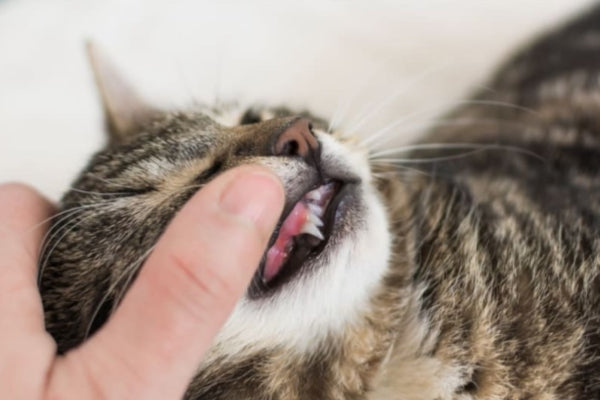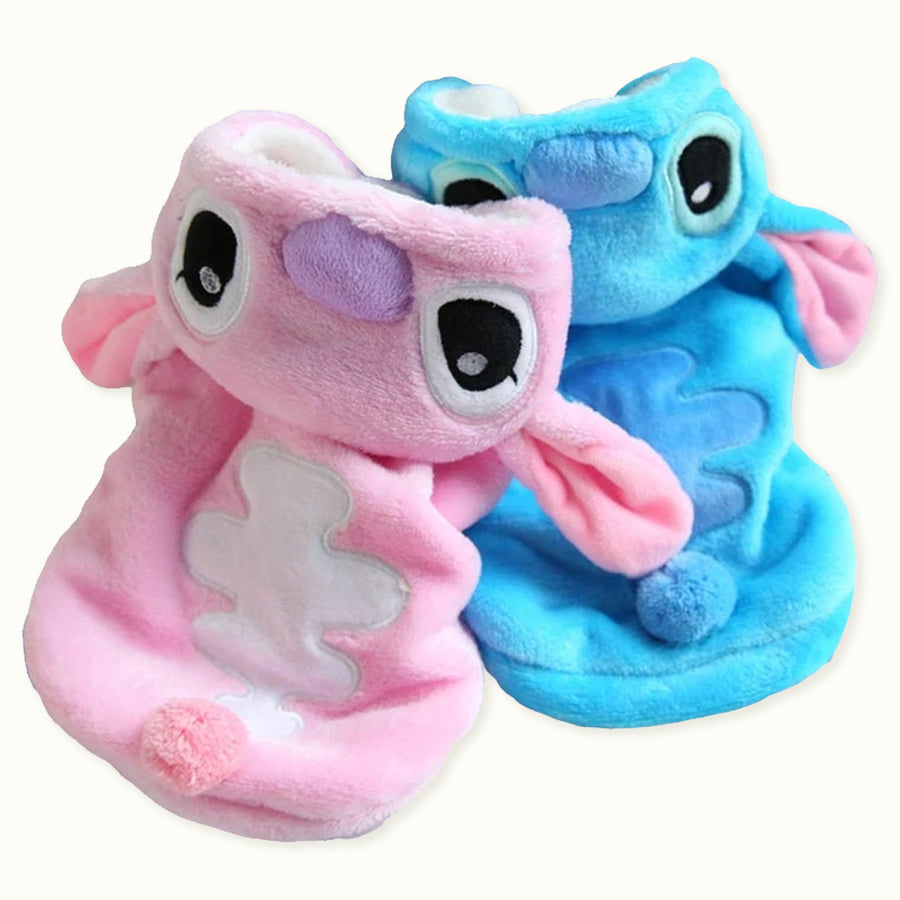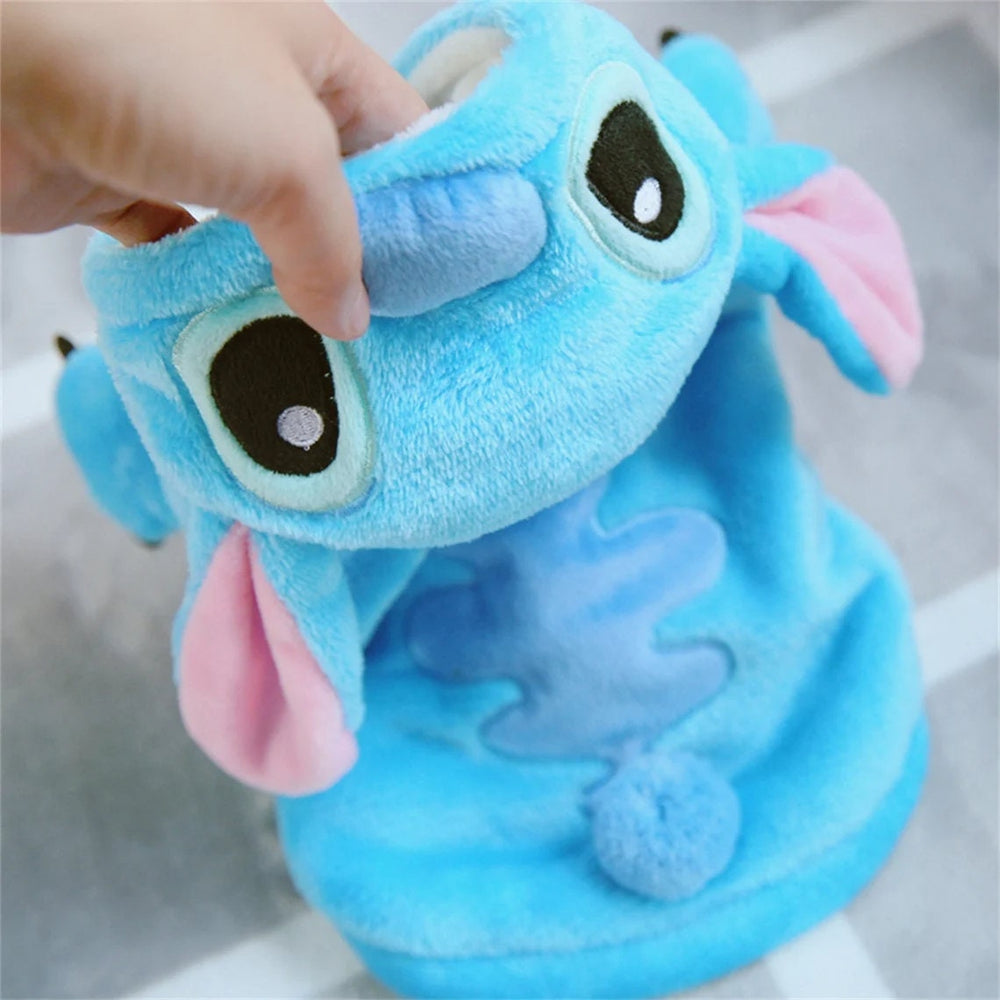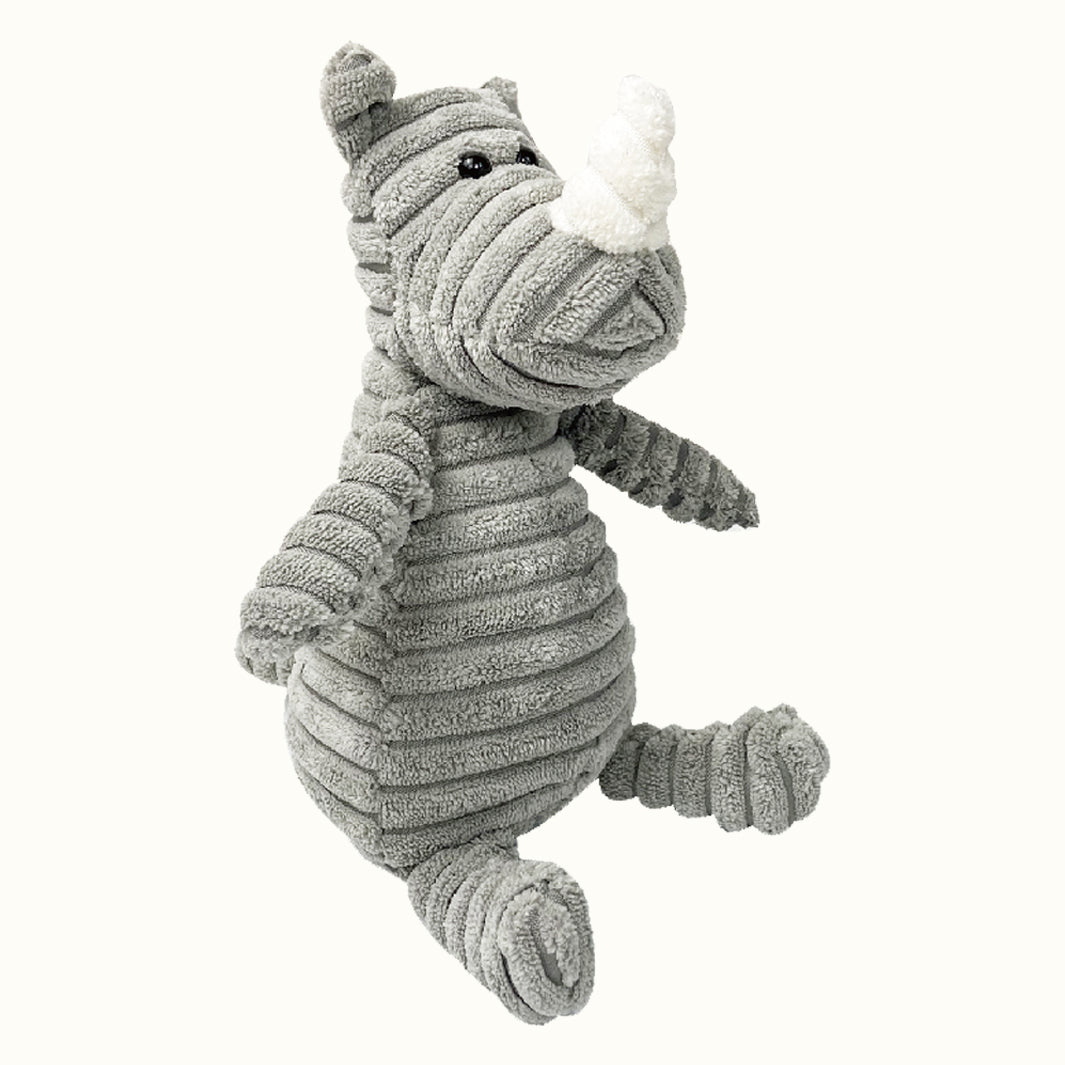Is Your Kitten Teething? Here’s What To Expect And How To Help
Congratulations on bringing home your new kitten! As a new pet parent, you may be wondering if your kitten is teething and what to expect during this stage. Just like human babies, kittens also go through a teething phase where their baby teeth fall out and are replaced by adult teeth.
In this article, we will discuss the signs of teething in kittens, when it typically occurs, and how you can help your kitten through this process. We will also provide tips on caring for your kitten's teeth and ensuring their dental health in the long run.
What Is Teething?
Teething is a normal part of your kitten's development, just like it is for human babies. During this stage, their baby teeth, also known as deciduous teeth, start to fall out and are replaced by adult teeth. This process usually starts when kittens are around 3-4 months old and can continue until they reach 6-9 months.
The process of teething can be uncomfortable for kittens, just like it is for human babies. This is because their gums are sore and itchy as the new teeth push through. As a result, your kitten may experience some discomfort and may try to alleviate it by chewing on objects or even your hands and fingers.
Also, during this stage, your kitten may tend to bite and chew on everything in sight. This is because their adult teeth are starting to come in and they are trying to relieve the discomfort by chewing on objects.
Signs Your Kitten Is Teething

As mentioned earlier, teething can be uncomfortable for kittens and may cause them to exhibit certain behaviors. Some signs that your kitten may be teething include:
- Increased chewing and biting: If you notice that your kitten is suddenly chewing on everything in sight, it could be a sign of teething.
- Drooling: Just like human babies, kittens may drool more than usual during the teething process.
- Irritability: Your kitten may become more irritable during this stage due to the discomfort they are experiencing.
- Loss of appetite: Teething can also make eating uncomfortable for kittens, leading to a decrease in appetite.
- Blood in the mouth: You may notice a small amount of blood in your kitten's mouth as their baby teeth fall out and adult teeth come in.
How To Help Your Kitten During Teething
There are a few things you can do to help ease your kitten's discomfort during the teething process:
- Provide appropriate chew toys: Make sure your kitten has access to safe and appropriate chew toys to help alleviate their discomfort. Avoid giving them objects that could break or splinter and potentially harm them.
- Gently massage their gums: You can gently massage your kitten's gums with a clean finger to provide some relief from the itching and soreness.
- Try frozen treats: Placing wet washcloths or small slices of frozen fruits in a chew toy can also provide relief for your kitten's sore gums.
- Be patient and understanding: Understand that your kitten may be more irritable during this stage and may exhibit behavior like increased biting. Be patient and try not to punish them, as they are simply trying to cope with the discomfort.
- Consult your veterinarian: If you notice excessive drooling, refusal to eat or drink, or any other concerning behavior, it's best to consult your veterinarian for advice.
Caring For Your Kitten's Teeth In The Long Run
As your kitten goes through the teething phase and their adult teeth come in, it's important to establish good dental hygiene habits early on. This will help prevent dental issues and keep your kitten's teeth healthy in the long run.
- Brush their teeth regularly: Just like humans, cats need regular dental care too. Get into the habit of brushing your kitten's teeth using a pet-safe toothpaste and toothbrush designed for their size.
- Monitor their diet: Feeding your kitten a balanced and nutritious diet is crucial for their dental health. Avoid giving them too many soft or sticky treats, as they can stick to their teeth and cause plaque buildup.
- Regular check-ups: Take your kitten for regular check-ups with the veterinarian to ensure that their teeth are healthy and no issues have developed.
- Consider dental toys and treats: There are specially designed dental toys and treats that can help keep your kitten's teeth clean and healthy. Consult with your veterinarian for recommendations.
What To Expect As Your Kitten's Teeth Grow In
As your kitten's adult teeth come in, you may notice that their bite may change slightly and their teeth may not be perfectly straight. This is normal and nothing to worry about.
It's important to let your kitten adjust to their new teeth without interfering too much. However, if you do notice any issues or abnormalities, such as crooked teeth or a misaligned bite, consult with your veterinarian for advice.
Once all of their adult teeth have come in and settled, it's important to maintain good dental hygiene habits and continue providing appropriate chew toys and treats to keep your kitten's teeth healthy. Also, continue to monitor their diet and make any necessary adjustments for their dental health.
Also, don't forget to schedule regular dental check-ups with your veterinarian as part of your kitten's overall healthcare routine. With proper care and attention, your kitten will have a healthy set of teeth that will last them throughout their adult life.
How To Spot Dental Issues In Kittens

Aside from the usual teething process, other dental issues may affect kittens. It's important to be aware of these issues so you can take prompt action if necessary.
First, keep an eye out for any signs of tooth decay or discoloration. This could be a sign of dental disease and may require professional cleaning from your veterinarian. You should also watch for any loose teeth in your kitten's mouth. While it's normal for baby teeth to fall out during the teething process, adult teeth should not become loose. If you notice this, it could be a sign of an underlying issue.
Another dental problem to watch for in kittens is gingivitis, which is inflammation of the gums. This can be caused by bacteria and plaque buildup, and if left untreated, it can lead to more serious issues such as periodontal disease.
If you notice any concerning changes in your kitten's teeth or behavior related to their teeth, it's best to consult with your veterinarian for proper diagnosis and treatment. Remember, early detection and intervention can prevent more serious dental issues in the future.
FAQs
Is It Normal For My Kitten To Lose Their Baby Teeth?
Yes, it is completely normal for kittens to lose their baby teeth. This usually happens between 3-9 months of age as their adult teeth come in.
How Can I Tell If My Kitten Is Teething?
Some signs that your kitten may be teething include increased chewing behavior, drooling, irritability, and a decrease in appetite.
What Is The Best Way To Brush My Kitten's Teeth?
You should use a pet-safe toothpaste and toothbrush designed for kittens. It's important to start slowly and gently introduce them to the process, making it a positive experience for both of you. If your kitten resists, take breaks and try again later.
When Should I Start Caring For My Kitten's Teeth?
Dental hygiene habits should be established early on, even before your kitten's adult teeth come in. This will help them get used to the routine and make it easier to maintain as they grow older.
Conclusion
Caring for your kitten's teeth is an important aspect of their overall health and should not be overlooked. By providing proper care and attention during the teething phase, establishing good dental hygiene habits, and being aware of potential dental issues, you can ensure that your kitten has a healthy set of teeth for a lifetime.
Additionally, regular dental check-ups and consultations with your veterinarian can help detect and address any issues early on, preventing more serious problems in the future. With proper care and attention, you can keep your kitten's teeth strong and healthy throughout their life.
So, make sure to prioritize their dental health as part of their overall well-being. Happy kitten parenting!














Leave a comment